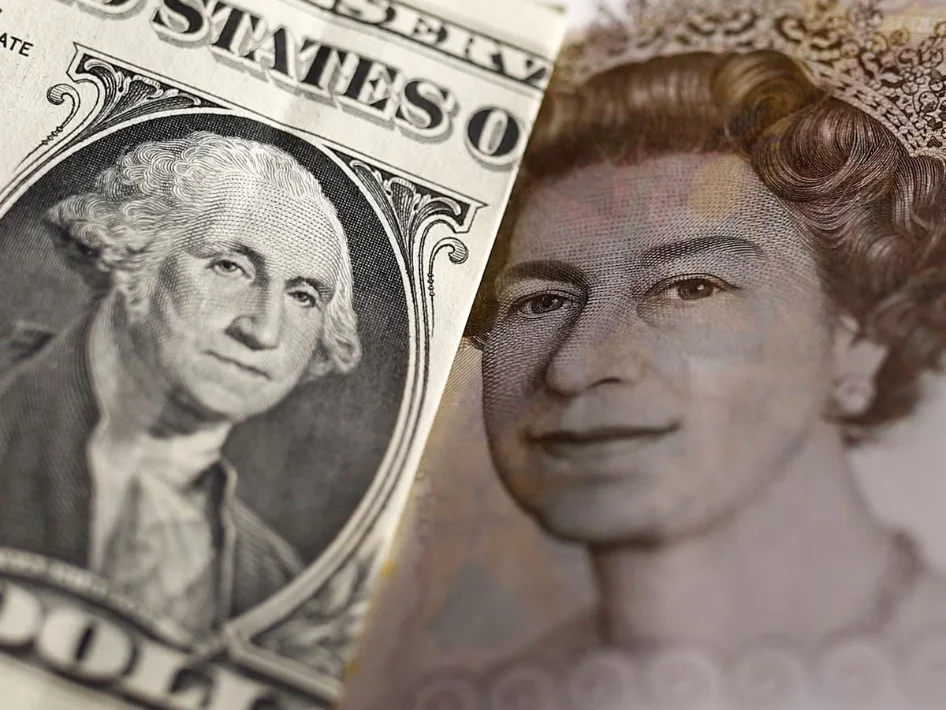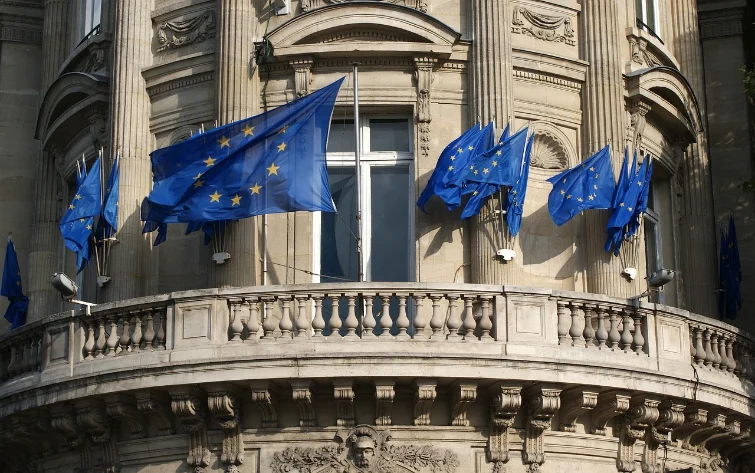The British pound Sterling, lost some value against the strong U.S. dollar on Monday, but it was still relatively close to the 1.5-week high it reached last week. This was due to positive economic data that offered a glimmer of hope for the UK’s economy.
The U.S. dollar, considered a safe-haven currency, gained strength as escalating violence in the Middle East made investors nervous. The dollar had received a boost from a robust U.S. jobs report.
As a result, the pound was down 0.4% at $1.2180, though it had reached its highest point since September 29th on the previous Friday.
Just two days ago, on Wednesday, the British pound had fallen to $1.2038, which was the lowest it had been since mid-March. This drop was due to concerns about the UK’s economic outlook being less favorable compared to the strong U.S. economy. Many anticipate that the Federal Reserve will raise interest rates again, while the Bank of England’s plans are less certain.
Roberto Mialich, a global forex strategist at Unicredit, commented, “We are currently not predicting any more interest rate hikes by the Bank of England, but the data and events happening in the UK this week could impact market expectations.”
He mentioned that we should pay attention to the BoE Financial Policy Committee Summary and Record coming out on Tuesday, as well as the gross domestic product (GDP) data scheduled for Thursday.
There are some analysts who believe that the economic data from the UK last week does offer some reasons to be hopeful.
For instance, the final reading of the S&P Global UK Services Purchasing Managers’ Index (PMI) did reach an 8-month low, but it was better than the initial “flash” reading of 47.2.
Investors don’t think there’s much chance of the Bank of England (BoE) raising interest rates at their upcoming meeting in November. However, they are considering the possibility of one more rate increase happening in 2024.
Currently, the market indicates a 25% chance of a BoE rate hike in November, but those odds increase to 40% in December and 50% in February.
Deutsche Bank’s senior economist, Sanjay Raja, highlighted the importance of the Bank of England Credit Conditions Survey, scheduled for Thursday, as it will help us understand how strong household spending and business investments will be in the future. Raja predicts that the survey may show slower growth, but he also noted that people and businesses have been using their savings instead of borrowing money.
He stated, “Considering this, our estimate of the credit impulse, after accounting for deposit flows, stands at a positive 2.9% of GDP.”
Meanwhile, the exchange rate for the pound against the euro remained unchanged at 86.44 pence per euro.





